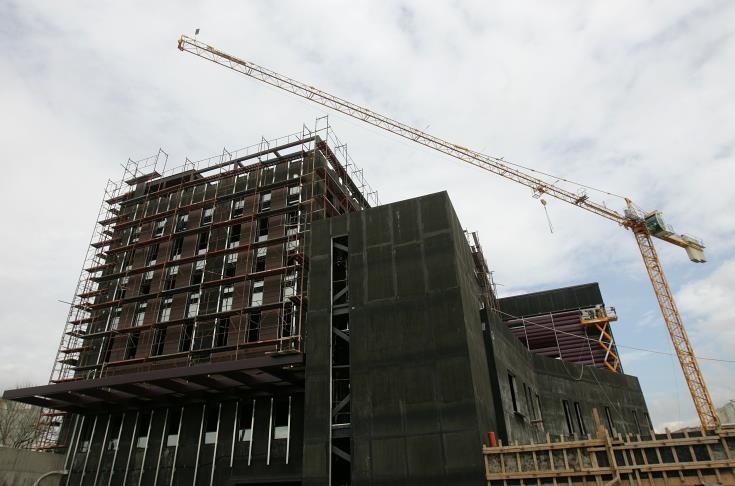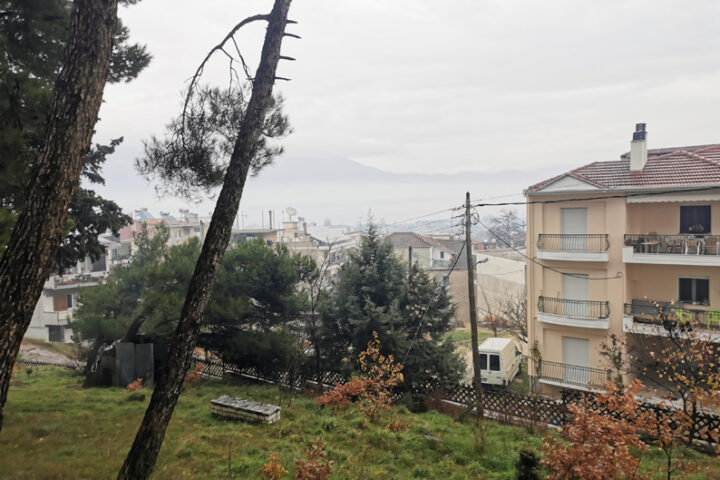A recent decision in France’s High Court could have some relevance to Cyprus.
In certain rural areas in France, holiday homeowners who suffer from noise pollution and pungent smells from farm animals sued the locals for ‘uncomfortable living’.
The case raised a lot of arguments in favour and against the action, as a result of which it ended up in the High Court.
The Court ruled that holiday residents who moved to rural areas were aware that if occupying a home in rural or agricultural areas, noise and smell is something they ought to expect and as such, it ruled in favour of the locals.
This has some relevance for Cyprus, where locals within village development areas, keep animals including chickens and roosters (who often make a lot of noise during the early morning hours), whereas keeping goats and other animals create a similar problem in terms of smell and nuisance.
Besides, church services have recently resorted to using loudspeakers, as a result, the service can be heard at full blast hundreds of metres away.
This is another objectionable nuisance, especially during Easter and other religious holidays and feasts and which at times could also cause health and other risks as many light bonfires put on unlicensed firework displays.
Religious festivities and tradition are more difficult to handle than the other “nuisances” and as a consolation, these religious services and celebrations often restrict their actions in terms of duration.
However, in some churches, for reasons of their own, priests continue to use loudspeakers (similar to the Hodja call for Muslims, inviting their faithful to pray).
There are regulations in Cyprus where the owners can keep animals within their property, even in a residential area, specifying the type and number of animals allowed.
We have our own Cyprus High Court rulings, declaring that an existing use (if licenced) and even if it pre-exists other nearby uses, the latter development has a case to take legal action against the person creating the noise.
No one can be sure of the permanent status of any development, since, at some stage, they may be called to be removed.
Cyprus common law indicates the only authority to decide on planning zones, is the Government and at least for agricultural land, the imposition of added restrictions does not give landowners the right to compensation.
We now have the huge problem of heavy industrial zones which are located close to residential and development zones with public health risks (asphalt plants, mining areas) including ready concrete plants and other operations that create dust, traffic, and noise problems.
However, some of these uses cannot be located at a distance of more than an hour’s drive from the plant because concrete needs to remain fresh and because of heat factors in the case of asphalt.
The problem with Cyprus is that the various zones are determined based on their location and use, on the pressures placed by the locals who are always pushing to expand the agricultural zones closer to development areas, without the existence of a buffer zone.
The pressure is also placed on the Planning Authority by politicians and their political parties for their never-ending desire to intervene even in purely technical matters.
So, we end up with asphalt plants located right next to residential areas, local homeowners pushing for their removal to other locations, with alternative locations also objecting for the same reason.
Zoning debate
Zoning debates can sometimes get heated. You might remember the location of a recycling plant near the Lymbia/Koshi villages with protests sometimes turning violent (for which no one was ever arrested) including throwing cars over a bridge on the Nicosia-Larnaca motorway.
The Government is considering the liberalisation of individual housing development within agricultural areas and although I initially did not agree, now, with reduced development zones, I’m having second thoughts.
Planning zones in Cyprus are not based on planning criteria, but on the value of the new zones, whereas petty politics guide local parties to have a say even in this.
Recently, one political party put a condition to approving the 2021 budget, for the Government to include liberalisation of housing development in agricultural areas, an unrelated issue.
One solution, in addition to the provision of a general plan in land-locked development zones, is that existing undeveloped zone areas are provided with access.
I suggest the imposition of a development levy on the difference in value due to the zone changes and variance of the zoning provision.










